“The great dream of my life has always been to work for the moral and economic dignity of humans.”

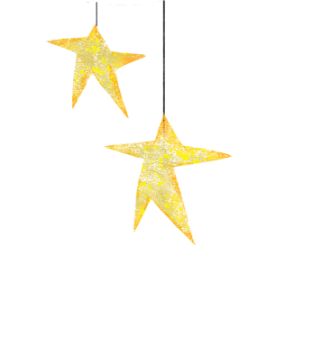
Tourette's Syndrome, currently in the spotlight thanks to announcements from actor Alessandro Borghi and singer Lewis Capaldi, is a neurodevelopmental disorder: a neurological condition that is still not very well-known, but not rare, affecting 1% of the population - a percentage that increases significantly in the age range of 6-23 years.
The creativity of people with Tourette's is often higher than average. Many people in showbusiness and sport belong to the "Tourette's Community": Wolfgang Amadeus Mozart, Claudio Colica, Billie Eilish, Eminem, Paul Gascoigne, Tim Howard and many others.
The syndrome has a highly variable clinical presentation: in the same person, different presentations can appear at different times of life, with periods of wellbeing alternating with periods when symptoms become more significant. It does not necessarily have to be seen as a disorder, and many people feel that the symptoms are simply a different way of experiencing the world, which is not necessarily disabling; for others, however, the everyday difficulties can be significant and require psychotherapy and medication.
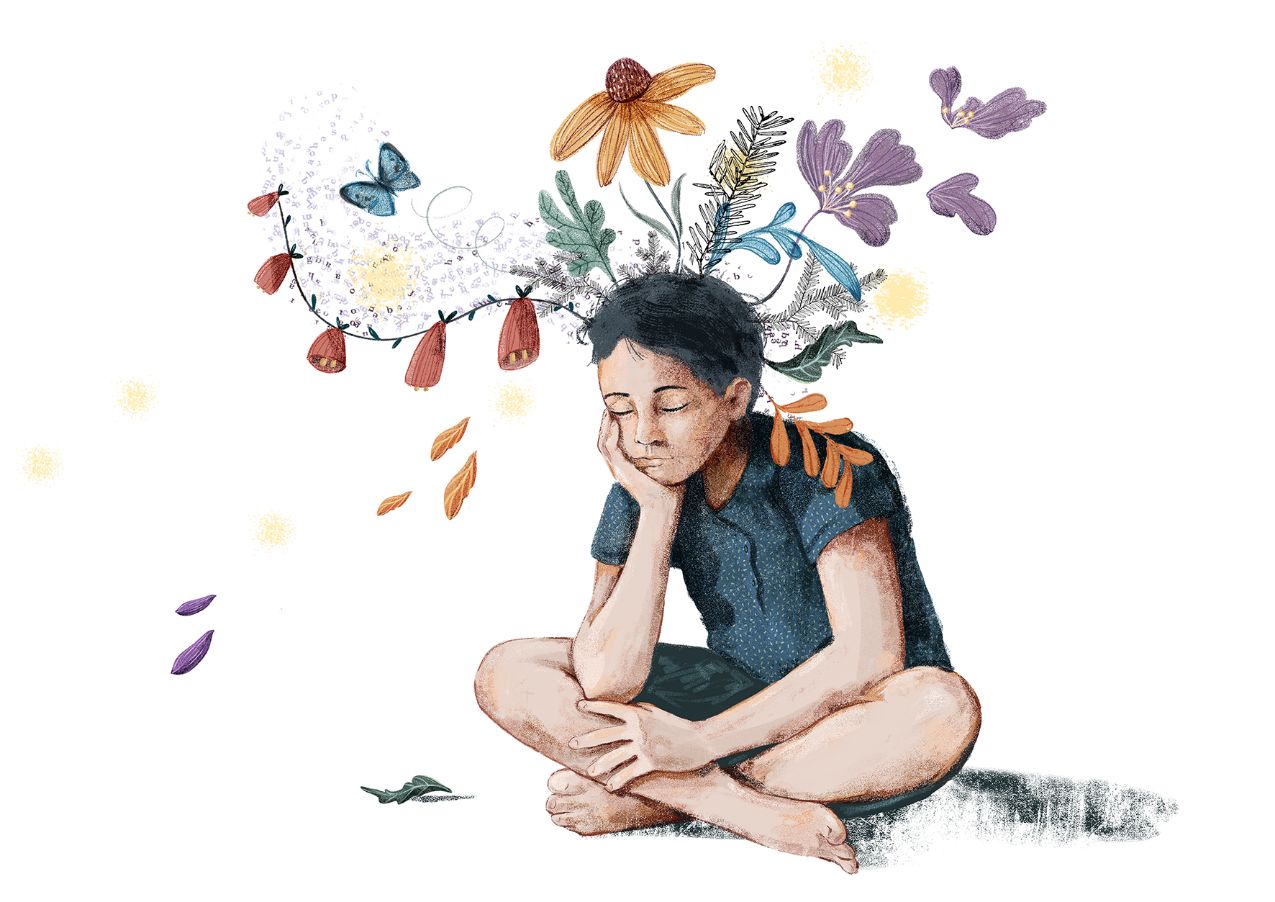
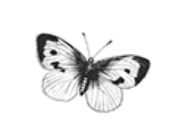

It is characterised by motor and auditory tics that can be simple or complex. Simple auditory tics can be clearing the throat, small moans, or other sounds made by the mouth, nose or throat; complex ones are repetitions of words or entire phrases (echolalia or palilalia).
Simple motor tics include, for example, blinking, twitching the head and neck, shrugging; while complex ones present as slower involuntary movements that involve various muscle groups, such as repetitively touching a part of one's own or someone else's body, touching objects, curling up, repeating others' gestures (echopraxia), right up to self-injurious actions such as biting, scratching, cutting and hitting. Tic disorders are often comorbid with ADHD, OCD or a tendency towards obsession, oppositional defiant disorder and many others.
It is often incorrectly described as the "swearword syndrome", but I would like to emphasise that coprolalia (swearwords used out of context) and copropraxia (unjustified or out of context obscene gestures) affect a very low percentage of individuals with Tourette's Syndrome.
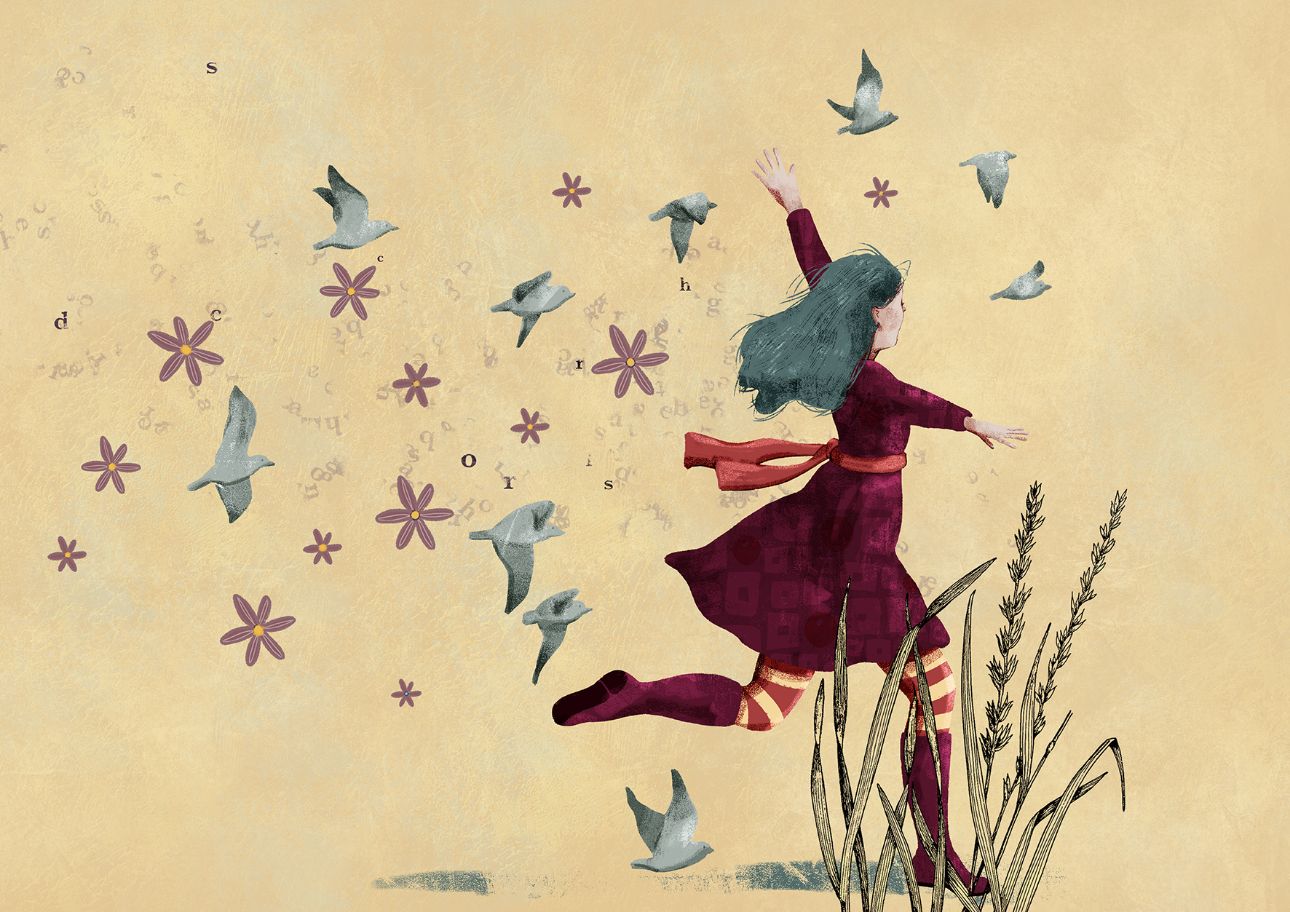
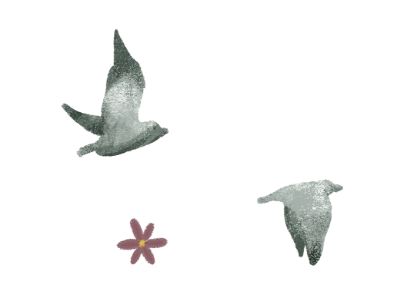
I am president of the AIST Foundation (Italian Association for Tourette's Syndrome), founded by Professor Mauro Porta and a point of reference since 2003. The Board of the Association is made up of volunteers who take on activities with dedication, openness and empathy, aiming to support people with Tourette's and their families and spread understanding of the syndrome in all environments.
The AIST Foundation collaborates with the most important national and international professionals with the aim of achieving its Mission. At an international level, it is a member of the International Association TICS AND TOURETTE'S ACROSS THE GLOBE, which, along with other associations around the world, it helped to found in order to give Tourette's Syndrome a strong, unified voice.
Spreading understanding of the syndrome in all areas is fundamental in order to demolish the wall of ignorance, reduce the stigma towards the symptoms that sometimes causes problems in social relationships, and give individuals an easier life in society.
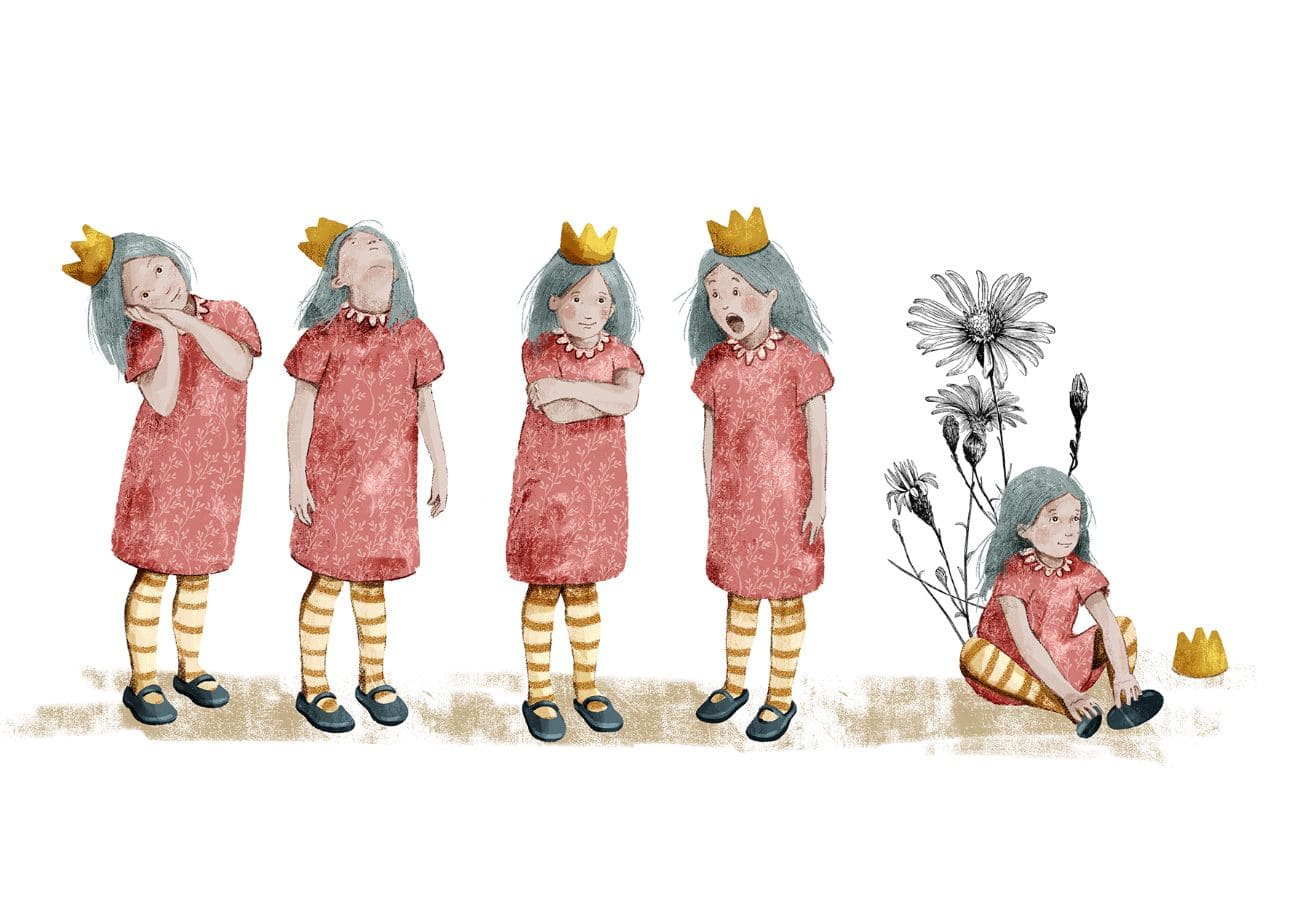
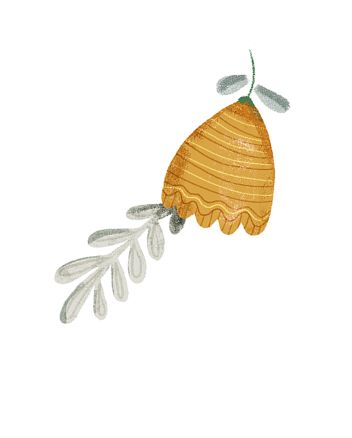
Being in solidarity with people with Tourette's Syndrome, or with those who live with them every day, helps to create a more inclusive, welcoming and empathetic society, where everyone has the opportunity to be seen, listened to and accepted for who they are.
With this aim, the AIST Foundation has developed various tools to increase society's awareness. Informative posters in health centres and cities, radio interviews, a curated presence on social media and a downloadable app: Tourette AIST, available from Google Play and the Apple Store.
The public service announcement sponsored by the Progress Advertising Foundation, which was on national public and private radio, and the theatre show Lady Tourette, created in collaboration with the BisLuck theatre company, had a great impact on the media, generating better information and understanding.
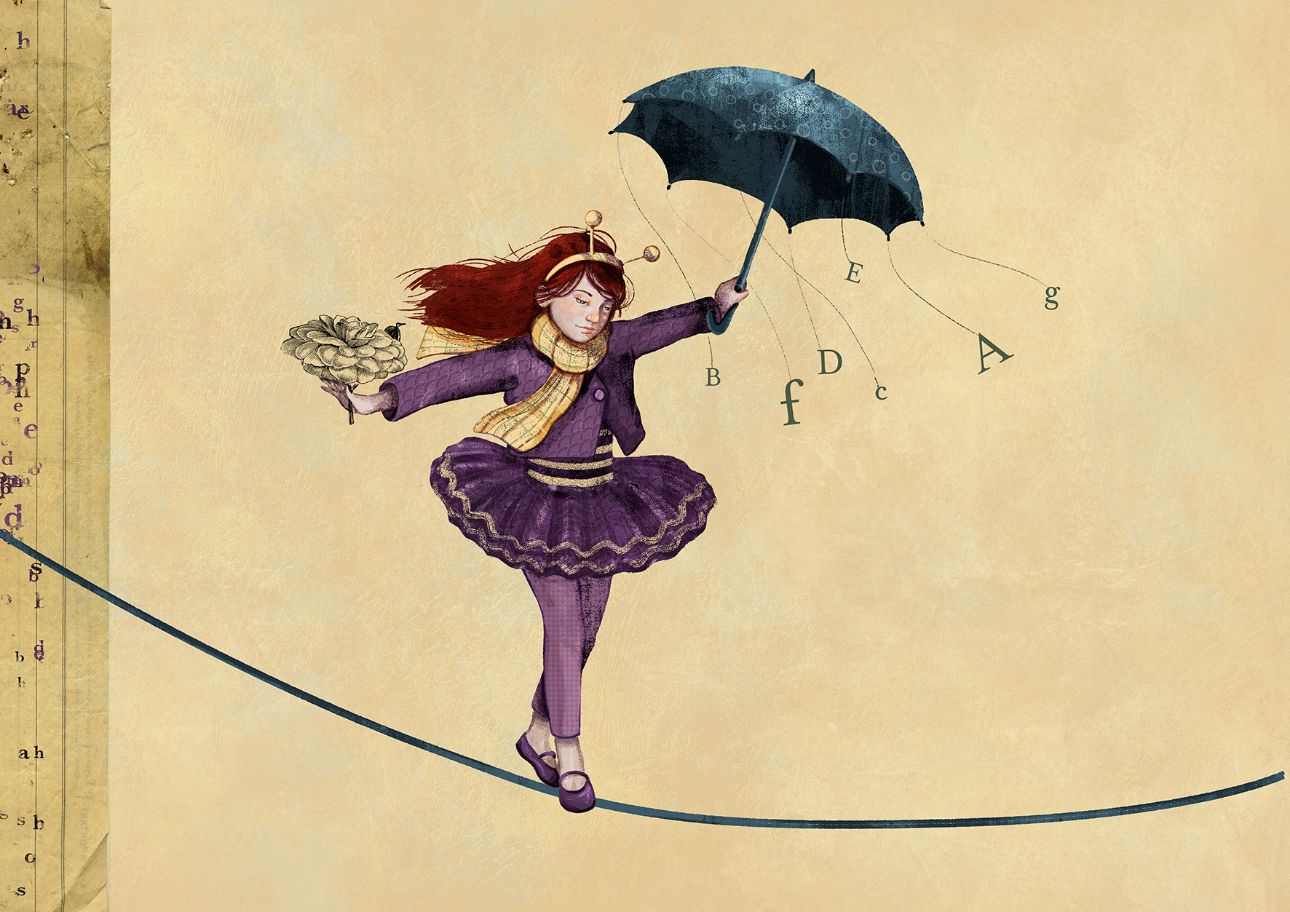

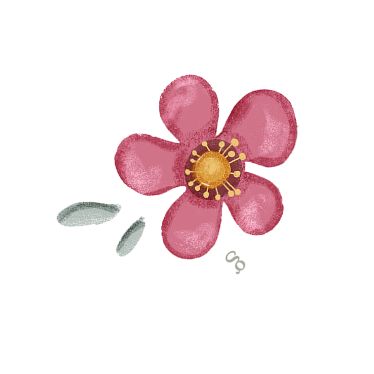
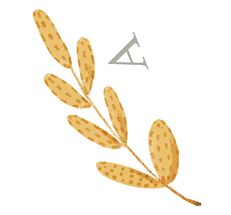
AIST works to provide ongoing training courses for medical staff and professional educators, and organises regular conferences with the participation of leading international scientific speakers. A new discussion project for professionals will be launched soon.
A project received with particular enthusiasm by young people with Tourette's Syndrome was carried out in Valle d'Aosta: "Adventure Therapy - 5 days in Valle d'Aosta", with the goal of improving their relationship skills and increasing their self-esteem through the collaboration and sharing of group activities.
A dedicated phoneline 7 days a week, monthly online support groups - led by psychotherapists - for parents and for adults with Tourette's, educational/informative projects in schools and workplaces and an infopoint for free legal advice allow more and more people to have the opportunity to understand the symptoms of the syndrome and the behaviour guidelines to guarantee good integration in school courses and the professional environment. And there is always special attention to the prevention of all forms of mocking or bullying.


The generosity of our donors on the website tourette-aist.com is the driving force that allows the AIST Foundation to continue its valuable work of support and solidarity, offering hope and opportunity to those living with Tourette's Syndrome, and helping to build a better, more inclusive future for everyone.
People's understanding and generosity is fundamental, as was the case at the most recent Lewis Capaldi concert, when he suffered a tic attack and his audience sang his songs for him, reducing the singer's embarrassment.
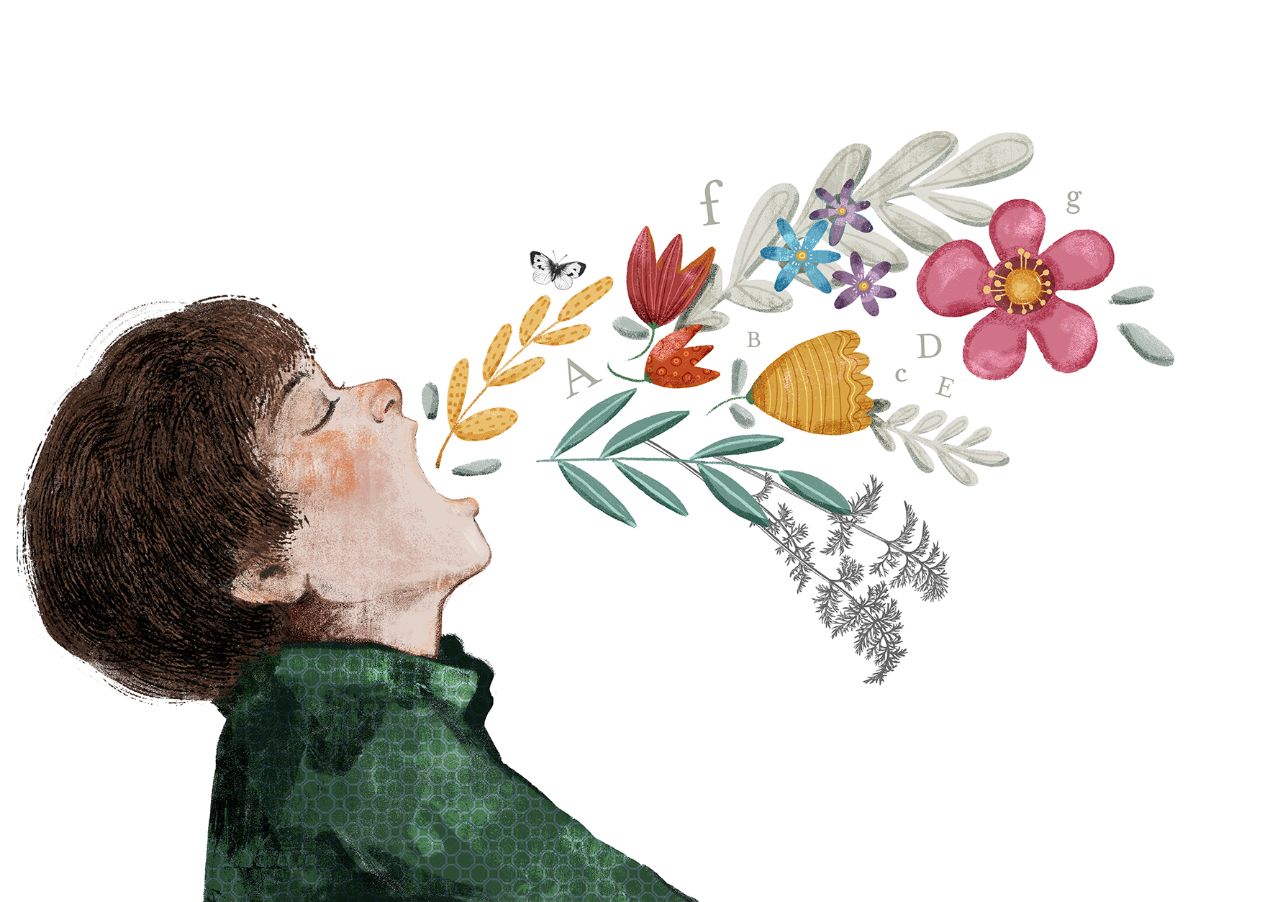
Images Credits:
© illustrations by Giulia Pianigiani
“The great dream of my life has always been to work for the moral and economic dignity of humans.”
Living through the flood in Romagna, with one certainty: "solidarity moves in a circle." An interview with Monica Minardi, President of Doctors Without Borders Italy.
